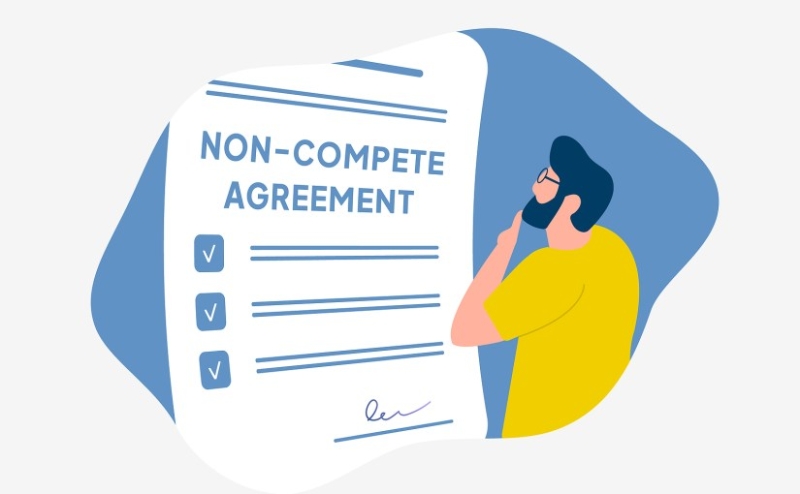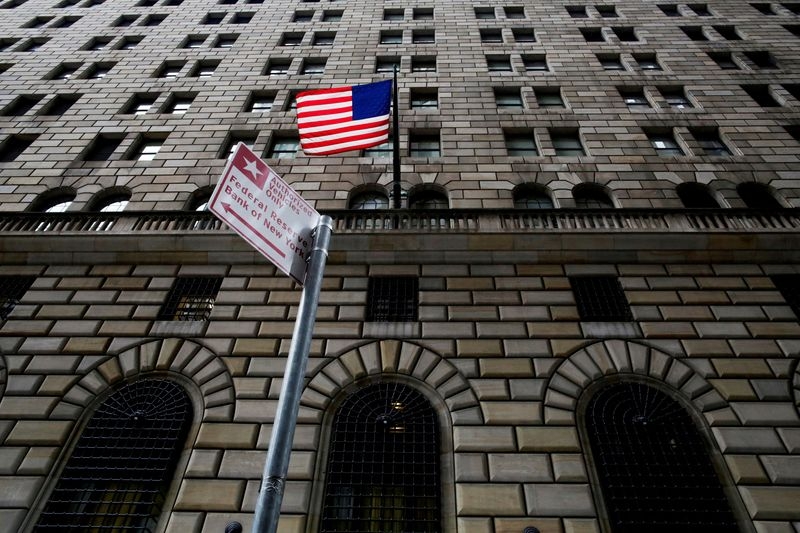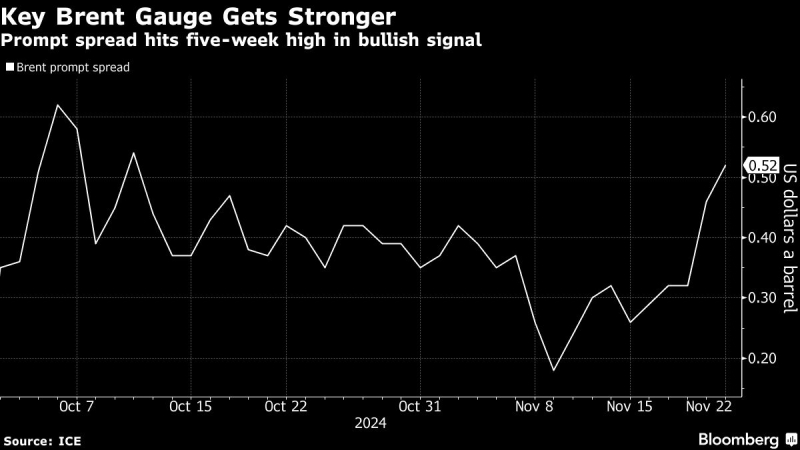
Compliance Deadline Approaches
Employers are running out of time to comply with the FTC’s purported regulatory ban on non-competition agreements. The ban – announced on April 23, 2024 – is scheduled to take effect on September 4. 2024.
By that date, the regulation requires that employers notify all employees subject to noncompetes that the agreements will no longer be enforced. The only exceptions are existing agreements with “senior executives” who made at least $151,164 in the preceding year; these agreements are grandfathered. See our earlier alerts from April 23, May 14, and July 8 for further discussion on developments relating to the ban.
So Far, No Nationwide Injunction Against FTC’s Ban
As previously reported, a federal court in Dallas issued a preliminary injunction against the regulation on July 3, 2024. The injunction, however, only affects the parties to the lawsuit and the district in which the lawsuit was brought. When she issued that preliminary injunction, Judge Ada Brown committed to rendering a final decision on the plaintiffs’ request for a permanent injunction by August 30,2024.
However, she specifically declined to give her preliminary injunction nationwide effect. In its motion in support of a permanent injunction, the U.S. Chamber of Commerce and other parties are arguing that the court is required to vacate the rule, with nationwide effect, because it was adopted in violation of the Administrative Procedure Act. We cannot predict whether she will do so.
Meanwhile, since the July ruling in Texas, two other federal courts have issued rulings on requests to enjoin the ban, one in Philadelphia in favor of the FTC by denying an injunction, and the other in central Florida in favor of the employer by granting one. As with the Texas case, the Florida injunction is not nationwide. Moreover, that judge has not yet issued an opinion, so we do not yet know his rationale for the injunction.
Now What?
Where does this leave employers? In the absence of a ruling invalidating the FTC ban nationwide, there is nothing to prevent the FTC from enforcing its ban beginning September 4 anywhere outside of Dallas and mid-Florida. As far as we know, only the Northern District of Texas is able to order such a ban when it issues its final decision on or before August 30.
Even though, based on her initial ruling, it is quite likely Judge Brown will enjoin the regulation permanently, it is unclear whether she will take the additional step of giving her injunction nationwide effect.
To comply with the regulation, employers should prepare to act by September 4. We recommend creating a list of all current and former “workers” (defined as any service providers regardless of classification) subject to noncompete agreements and a written communication that meets the regulation’s notice requirements.
Unless a new order appears enjoining enforcement of the ban nationwide before September 4, employers will need to send out that communication in order to be in compliance. The requirements for sending the notice include identifying the “person who entered into the noncompete clause with the worker by name” (we don’t know if this means the individual or the entity) and hand delivering or mailing the notice to the worker’s last known mailing address, or to the last known email address or mobile phone number (by text). The full text of the rule, including a model communication from the FTC, can be found at pages 3850-06 of the May 7, 2024, Federal Register.
©2024 Pierce Atwood LLP. All rights reserved. by: James R. Erwin, Peter A. Hale, Suzanne King, Katharine I. Rand, Daniel R. Strader of Pierce Atwood LLP For more on the Noncompete Ban, visit the NLR Antitrust Trade Regulation section.





